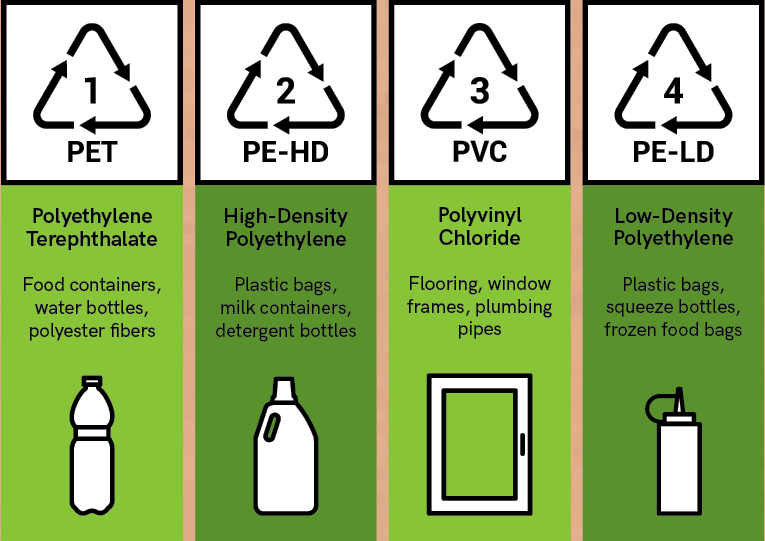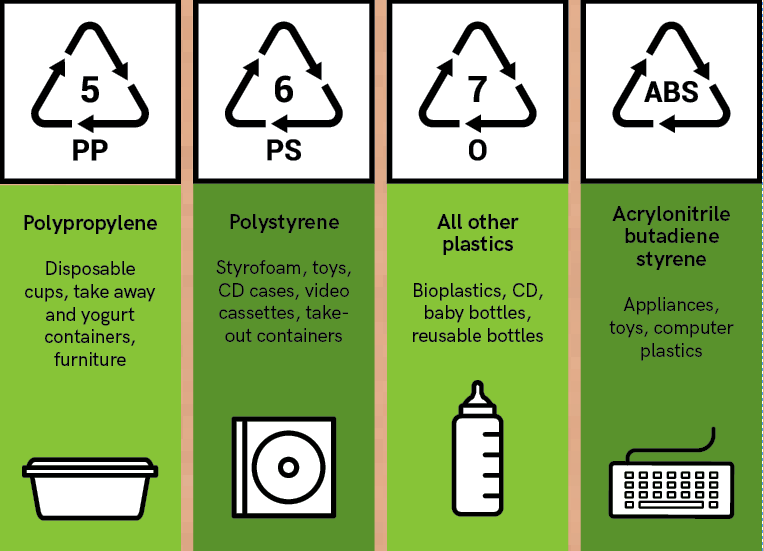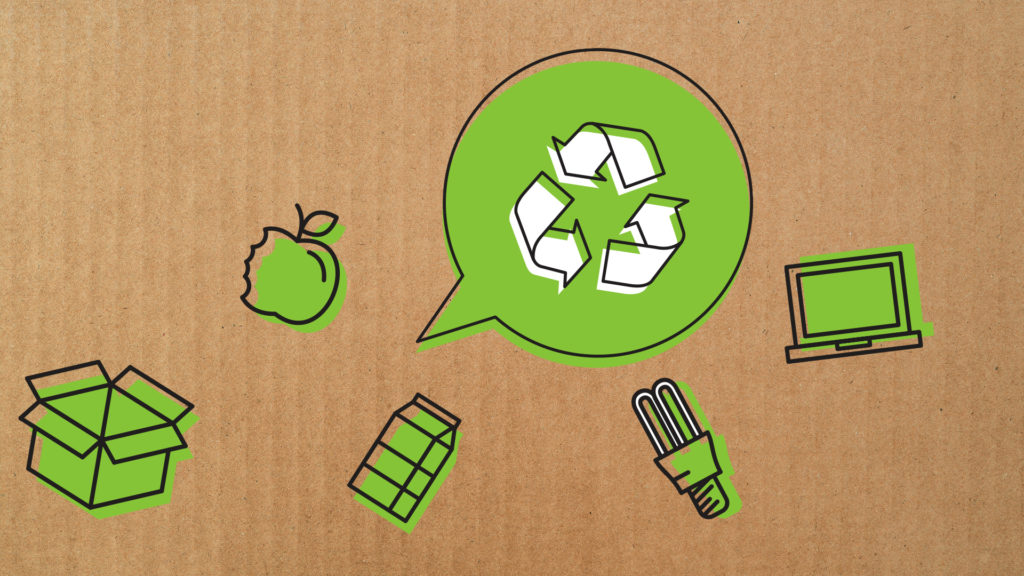Recycle, Compost, or Toss?
Discerning between garbage, compost, recycling, or donating can get tricky. While some items can’t be traditionally recycled, many can be reused and are collected by individuals or organizations. For starters, Best Buy is a great place to recycle any electronics or appliances at no charge; if you’re updating products you can have them pick up and haul away large appliances like TVs, freezers, microwaves, ovens, washers and more when they deliver your new items. You can drop off recycled items three at a time per household.
Batteries are also recyclable. All of your single-use batteries (found in remotes, watches, toys, smoke detectors, etc.), as well as rechargeable batteries (found in power tools, some cameras, and other electronic items), should be recycled responsibly. Cellphones are another item that can be recycled. If they are in good condition, they might even be upcycled by refurbishing them and reselling them.
Don’t forget about composting! Composting isn’t right for everyone, but it can really help reduce the trash you have each week, as well. This process transforms certain types of waste and biodegradable garbage into material that can be used in gardens around your neighborhood as fertilizer. Even if you don’t have a vegetable garden, compost works great with floral gardens, too.
It’s important to understand that not all materials can be recycled even though they might fall under a particular category. Did you know, while pizza boxes are cardboard, they are turned away at most recycling drop-offs? Any paper-based food storage item, including takeout containers, wrappers, or food bags, can’t be placed into bins, but are great for composting.
On the other hand, garbage is defined as “municipal solid waste.” Anything that you can’t recycle or compost should be thrown away. This is going to include a large list of items from animal products to everyday household or personal care items. Avoid composting bones from your chicken supper, any old meats, and fish skins; chemicals and paint; pits from avocados, peaches, mangos, and other fruits; cooking oil of any kind; and dairy products such as milk, cheese, yogurt, and cream.
Sustainable Living
Recycling isn’t only good for the environment–it has positive impacts on the community you live in. For starters, it can extend the life of your landfills.
Petrika Peters is a mother of two, holds an advanced degree in environmental policy and currently teaches classes in political science and sustainability at Black Hills State University. She also owns a consulting business, was the former sustainability coordinator on campus and is a member of the board and co-founder of MakeSPACE in Spearfish.
Growing up in an earth-conscious home, Petrika developed a passion for environmental policy. “It’s always been a focus in my own personal life—how to live sustainably and what that looks like on a broader level,” she says. “Recycling is the last option one should consider. We should focus our efforts first on rethinking our choices, refusing anything that’s single-use, reducing our consumption, reusing (through repair, refurbishing, and repurposing) and then yes-absolutely recycle. It’s equally critical.”

To organize recycling at home, keep several different bins on hand. Under your sink, place a small trash can for plastic bottles, soup cans, and other aluminum or glass items; if you don’t have enough sink space, place another bin by the trash so it’s easy to remember to recycle.
“You’re still throwing something out when you recycle. Recycling is easy to do because it’s still going in a bin away from the house, and it’s out of your hands,” Petrika says.
When it comes to cardboard, keep a stack in the garage or behind your garbage bin, and when you have enough to drop off, load up the car!
“Collectively as a society, we generate so much trash, so yes, recycling is really important.”
Understanding the Numbers


written by Sarah Richards

